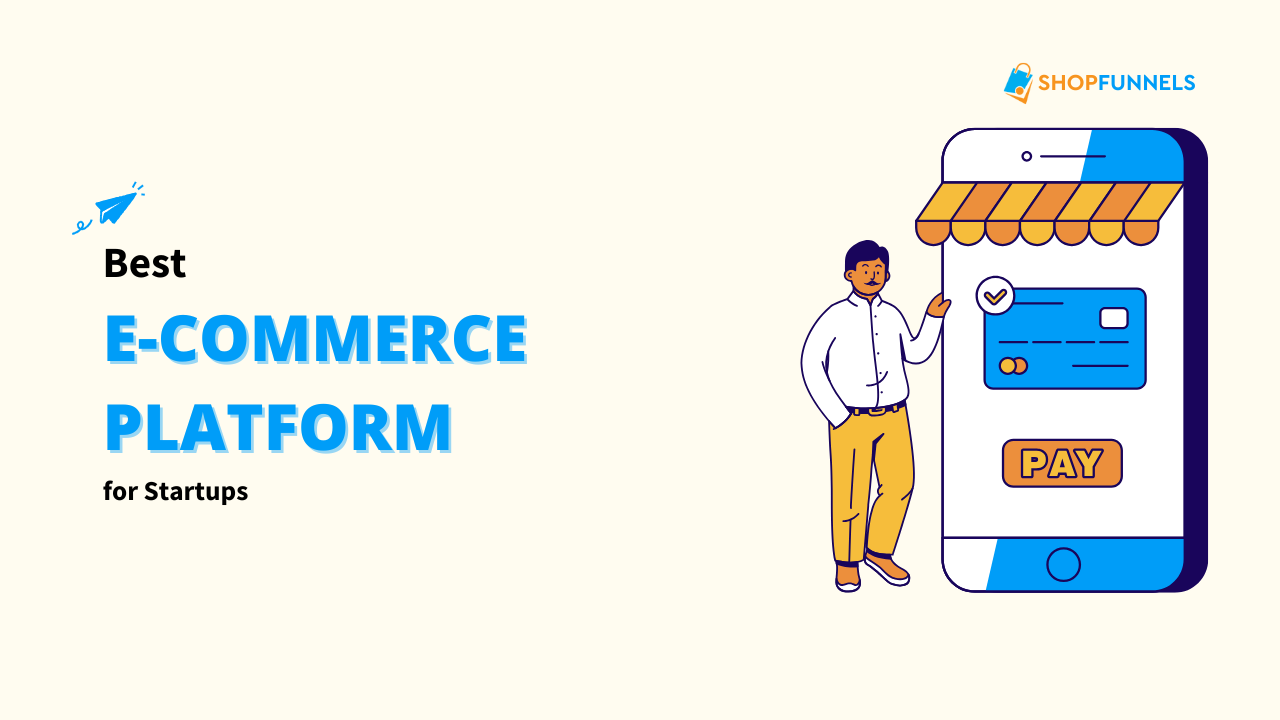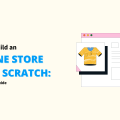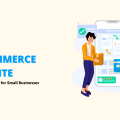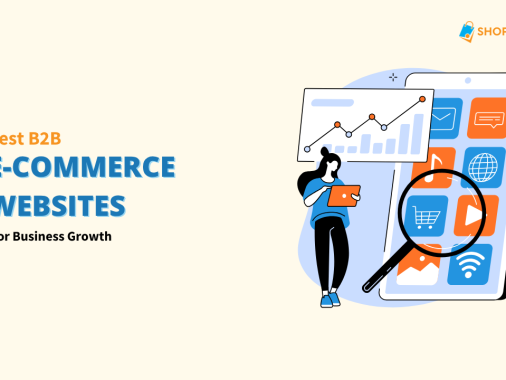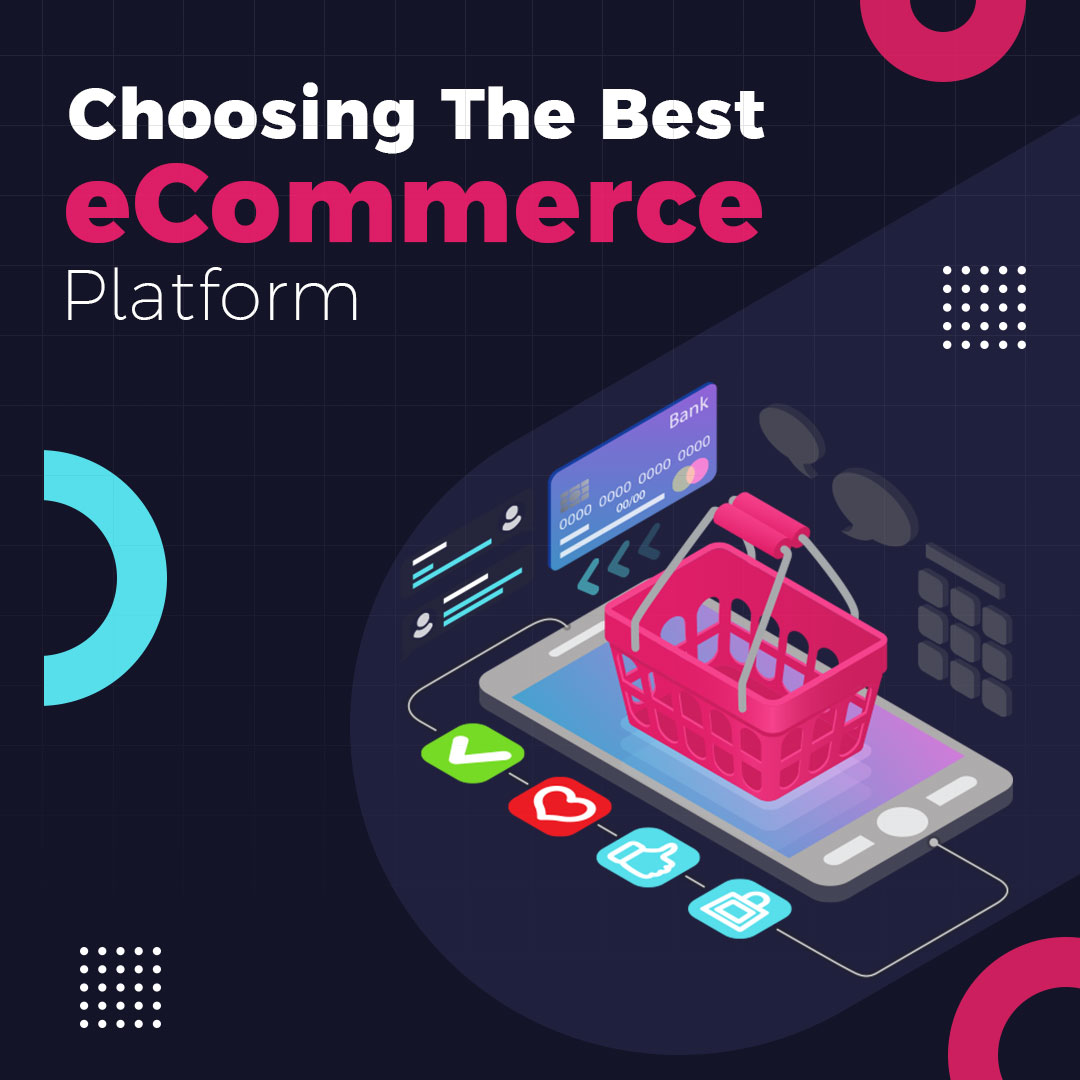If e-commerce is central to your startup, choosing the right platform is crucial. In today’s fast-paced market, customers expect a smooth shopping experience and quick website response times. They should be able to find what they need with just a few clicks.
You need one of the best e-commerce platforms available to meet these demands. Whether you’re looking to launch your brand or scale your business quickly, several top options exist.
The platform you choose will affect your costs, scalability, and ease of use—key factors for your startup’s success.
This guide will walk you through the best 11 e-commerce platforms for startups in 2024, helping you make an informed choice. Dive into our review to discover the best fit for your business.
1. ShopFunnels

Overview: ShopFunnels is easy to use and works well for beginners and experienced users. It has a simple interface and a range of ready-made templates, allowing you to set up your store quickly. ShopFunnels can also grow with your business and connect easily with other apps. It’s quickly becoming popular among startups because of its simple design and strong features.
Pros and Cons of ShopFunnels
Pros:
- Easy to use, even for beginners.
- Assistance around the clock
- Robust app ecosystem.
- Excellent customer support.
Cons:
- Transaction fees on some plans.
- Limited customization without coding skills.
ShopFunnels Pricing :
💲Elite Level: $19 per month when paid monthly.
💲Pro Level: $27 per month when paid monthly.
💲Pro extra plan: $34 per month when paid monthly.
2. BigCommerce

Overview: BigCommerce is a strong platform known for its excellent SEO tools and flexible API, making it ideal for businesses. It also supports multi-channel selling, so you can reach customers on different platforms, not just your website. Plus, there are no transaction fees, which can help you save money over time.
Pros and Cons of BigCommerce
Pros:
- Perfect for growing your company.
- Supports multi-channel selling without additional costs (e.g., selling on Facebook and Instagram).
Cons:
- Can be complex for beginners to navigate.
- A limited selection of free themes.
BigCommerce Pricing :
💲Standard Plan: $39 per month when paid monthly.
💲Plus Pro Plan: $105 per month when paid monthly.
💲Pro Plan: $399 per month when paid monthly.
3. Shopify

Overview: Shopify is the go-to option for businesses of all sizes. Its drag-and-drop builder makes it easy to create a professional-looking store quickly. It also provides a large selection of templates and built-in marketing tools to help increase sales. Shopify also has the highest checkout conversion rate online.
Pros and Cons of Shopify
Pros:
- Highly customizable for businesses of all types.
- Affordable pricing plans to fit your needs.
Cons:
- Limited scalability for larger enterprises.
- Not the best solution for very large stores with complex needs.
Shopify Pricing :
💲Basic Plan: $25 per month when paid monthly.
💲Shopify Plan: $65 per month when paid monthly.
💲Advanced Plan: $399 per month when paid monthly.
💲Free Trial: Yes, a 14-day free trial to test the waters.
4. WooCommerce

Overview: WooCommerce is a powerful WordPress plugin that transforms your website into a complete ecom store. It’s flexible, customizable, and has strong community support, making it a great option for startups. Being open-source, it attracts developers and offers a large support community.
Pros and Cons of WooCommerce
Pros:
- Flexible and open-source
- Effective tools for SEO
- A large community of support
Cons:
- It requires technical knowledge
- Additional costs for extensions and hosting
Woocomerce Pricing:
💲Free Basic Plugin: WooCommerce is free to use as a basic plugin.
💲Additional Costs: Website hosting and extra e-commerce features require additional payments
💲Flexible Pricing: Costs can vary depending on your store’s needs, but WooCommerce can be a budget-friendly option.
5. Square Online

Overview: Square Online is designed for small businesses. It works smoothly with Square’s point-of-sale system. Square Online also offers attractive templates and built-in marketing tools, making it a complete platform. It allows you to create a store for free, but you must upgrade to a paid plan if you want to use your domain name.
Pros and Cons of Square Online
Pros:
- The tool is easy to use.
- Aesthetically pleasing designs
- Integrated with Square’s payment processing
Cons:
- Limited eCommerce features
- Higher transaction fees
Square Online Pricing :
💲Free Plan: A free plan with a 2.9% + 30¢ per transaction fee.
💲Plus Plan: $29 per month when paid monthly.
💲Premium Plan: $79 per month when paid monthly.
6. Magento (Adobe Commerce)

Overview: Magento (Adobe Commerce) is a non-hosted platform built for developers. It’s customizable and offers strong features for large businesses. Magento provides powerful tools, scalability, and excellent SEO, making it ideal for bigger stores with a technical team. However, an in-house developer is likely needed to maintain the site and fully utilize the platform.
Pros and Cons of Magneto (Adobe Commerce)
Pros:
- Highly scalable for large businesses.
- Extensive customization options
- Powerful SEO features
Cons:
- It requires technical expertise
- It is expensive, especially for small businesses.
Magneto (Adobe Commerce) Pricing:
💲 Magneto Commerce: Custom pricing based on business size and requirements.
💲Free Plan: Free to download and use.
💲Hosting Plan: Self-hosting costs vary.
7. Squarespace

Overview: Squarespace is a good choice for small companies that need an easy setup. It’s great for creatives and small business owners who want a stylish, minimalist website without much hassle. It is known for its sleek templates and easy-to-use interface, making it perfect for those who value design and simplicity.
Pros and Cons of Squarespace
Pros:
- Elegant design templates.
- Simple to set up, perfect for service- and creative-oriented companies.
Cons:
- Basic e-commerce functions in comparison to rivals.
- Limited customization options.
Squarespace Pricing:
💲Personal Plan: $23 per month when paid monthly.
💲Business Plan: $33 per month when paid monthly.
💲Basic Commerce Plan: $ 36 per month when paid monthly.
💲Advanced Commerce: $72 per month when paid monthly.
8. BigCartel

Overview: BigCartel is a fully hosted e-commerce platform and website builder designed for artists. The Big Cartel’s free plan has more features than many other free options, but its paid plans may have limitations. Pricing depends on the number of products you list, so costs will increase as your business grows.
Pros and Cons of BigCartel
Pros:
- Easy to add to an existing website
- Affordable plans, including a free option
- Designed for artists and creators
Cons:
- Limited features compared to larger e-commerce platforms
- Not ideal for large inventories
Big Cartel Pricing :
💲Free plan: List and sell up to five products for free.
💲Platinum Plan: $15 per month when paid monthly.
💲Diamond Plan: $30 per month when paid monthly.
9. Shift4Shop

Overview: Shift4Shop is an easy tool for building an online store. It is an all-in-one solution with AI-driven tools and affordable pricing, making it a good choice for beginners. The platform also allows you to connect your store with other apps using its API. While it doesn’t have a lot of features, it’s simple to set up and works well on mobile devices.
Pros and Cons of Shift4Shop
Pros:
- Cost-effective for new businesses.
- AI tools improve sales and customer satisfaction.
Cons:
- Limited scalability for larger businesses
- Fewer features compared to larger platforms
Shift4Shop Pricing:
💲Free Plan: Offers a free plan if you use Shift4Shop payment processing.
💲Basic Plan: Paid plans start at $29 per month.
10. Volusion

Overview: Volusion is known for its easy integration with various payment gateways and inventory management skills. You cannot sell digital products with Volusion, and there is no free plan. So, if you want to sell ebooks or music, you’ll need another e-commerce solution. It’s known for its robust analytics tools.
Pros and Cons of Volusion
Pros:
- Easy-to-use interface
- Good analytics tools
- Good inventory management features
Cons:
- Outdated design templates
- Transaction fees on some plans
- No free SSL security
Volusion Pricing:
💲Starting Plan: Plans begin at $31.50 per month, paid annually.
11.OpenCart

Overview: OpenCart is a free, open-source e-commerce tool that’s highly customizable and practical. Supported by a large community, it offers many extensions. A dashboard that monitors sales and return customers allows you to set up and oversee several stores. OpenCart has many modules and free themes.
Pros and Cons of OpenCart
Pros:
- Cost-effective (free to download)
- Highly customizable
- Large community for extensions and support
Cons:
- Needs technical know-how to set up and keep
- Limited features without additional extensions
OpenCart Pricing:
💲OpenCart is free to download (incur costs on extensions).
Comparison Table of the 11 e-commerce platforms
| Platform | Ease of Use | Features | Pricing |
| ShopFunnels | Easy | Easy for Beginners, Variety of templates | Starts at $17/month |
| BigCommerce | Moderate | Support multi-channel selling and good SEO tools. | Starts at $39 per month; Pro plan at $399 per month |
| Shopify | Easy | Highly customizable; built-in marketing | Starts at $25 per month; advanced plan at $399 per month |
| Woocomerce | Moderate | Flexible and open-source | Free (paid extensions and hosting required) |
| Square Online | Easy | Highly customizable. | Starts at $29 per month; premium plan at $79 per month |
| Magento | Complex | Scalable and good SEO features | Custom pricing based on business size |
| Squarespace | Easy | Simple to set up and elegant design templates | Start at $23 per month; Advanced Commerce is $72 per month. |
| Big Cartel | Easy | Has a free plan and was created for artists. | The free plan and platinum plan start at $ 15 per month. |
| Shift4shop | Easy | AI-driven tools | Starts at $ 29 per month. |
| Volusion | Easy | Inventory management | Starts at $$31.50 per month |
| OpenCart | Complex | Customizable and Good extensions | Free (additional costs) |
Considerations for Selecting the Best E-Commerce Platform for Startups
📌Ease of Use: Consider how easy it is to set up and manage your store.
📌Scalability: Select a platform that can grow with your business.
📌Pricing and Costs: Take into account all costs, not just the initial one, such as transaction fees, hosting, and extensions.
📌Features and Integrations: Make sure the platform has the features you need and works with your existing tools.
📌Mobile responsiveness: Choose a platform that offers mobile-friendly designs since many shoppers use mobile devices.
📌SEO Capabilities: Strong SEO features can help your store rank higher in search results, bringing more traffic to your site.
How to Pick the Best Ecommerce Platform for Startup
✅Identify your business needs and aims: Consider your target audience, products, and growth goals.
✅Evaluate Your Budget: Look at both the upfront and ongoing costs of the platform.
✅Consider Your Technical Skills: Choose a platform that matches your technical skills or consider hiring help if needed.
✅Plan for Future Growth: Pick a platform that can scale with your business, offering the necessary features as you expand.
FAQs for the Best Ecommerce Platform for Startups
Q. Which e-commerce platform is easiest for beginners?
Ans. Shopfunnels and Shopify are often seen as the most beginner-friendly options.
Q. What platform is best for businesses expecting fast growth?
Ans. BigCommerce and Magento (Adobe Commerce) are great for businesses planning to scale quickly.
Q. Are there free e-commerce platforms available?
Ans. Yes, OpenCart is free to download, but you’ll need to pay for hosting and possibly extensions.
Q. How important is SEO for an e-commerce platform?
Ans. Very important. Platforms like Shopfunnels and Shopify offer strong SEO features that can boost your store’s visibility in search results.
Q. Can I switch platforms if my business outgrows the current one?
Ans. Yes, but the process can be complex. It’s better to choose a platform that can grow with your business from the beginning.
Q. Is it better to use a hosted or self-hosted e-commerce platform?
Ans. This depends on your technical skills and need for control. Hosted platforms like Shopfunnels are easier to set up, while self-hosted options like WooCommerce offer more flexibility but require more technical knowledge.
Conclusion: Making the Right Choice for Your E-commerce Future🚀
In conclusion, choosing the best e-commerce platform for your startup can be overwhelming, but with the right information, it becomes an exciting opportunity.
The right platform can make a significant impact on your business, driving success in the digital marketplace. ShopFunnels offers a self-hosted, no-code solution that simplifies store creation and includes various sales-boosting plugins.
When deciding, consider your budget, ease of use, and scalability needs. Launch your store with confidence and position yourself for success in the competitive e-commerce market.
Rely on our research and insights to find a platform that fits your current needs and supports your growth. Choose the right platform for your business.

